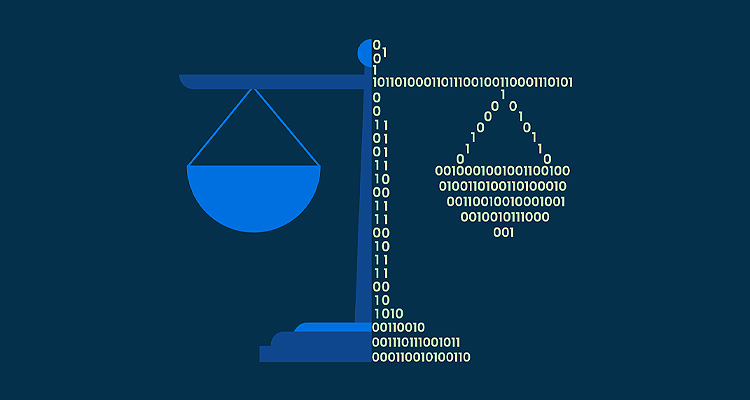
The Future Unfolding: AI's Potential Radical Impact on the Legal Profession
In the ever-evolving landscape of technology, artificial intelligence (AI) stands at the forefront of innovation, poised to revolutionize various industries. The legal profession, often regarded as traditional and resistant to change, is not immune to the transformative power of AI. In this blog, we explore the potential radical impact of AI on the legal profession and how it is reshaping the way legal services are delivered.
1. Enhanced Efficiency and Productivity: AI-powered tools and algorithms have the potential to streamline routine legal tasks, such as contract review, legal research, and document drafting. By automating these repetitive tasks, AI can significantly enhance the efficiency and productivity of legal professionals, allowing them to focus their time and expertise on more complex and strategic aspects of their work. This not only accelerates the pace of legal proceedings but also enables lawyers to deliver higher quality services to their clients.
2. Data-driven Insights and Decision-making: AI technologies, particularly machine learning algorithms, have the ability to analyze vast amounts of legal data and extract valuable insights that can inform strategic decision-making. From predicting case outcomes to identifying patterns in judicial rulings, AI empowers legal professionals with data-driven intelligence that can bolster their arguments and enhance their legal strategies. By leveraging AI-powered analytics, lawyers can make more informed decisions and devise winning strategies for their clients.
3. Access to Justice and Legal Services: AI has the potential to democratize access to justice by making legal services more affordable and accessible to individuals and businesses. Chatbots and virtual assistants powered by AI can provide basic legal guidance and assistance to individuals who cannot afford traditional legal services. Moreover, online dispute resolution platforms leveraging AI algorithms can facilitate faster and more cost-effective resolution of legal disputes, thereby expanding access to justice for a broader segment of society.
4. Evolving Role of Legal Professionals: As AI technologies become more integrated into the legal profession, the role of legal professionals is undergoing a transformation. Rather than replacing lawyers, AI is augmenting their capabilities and reshaping their roles. Legal professionals are increasingly expected to possess digital literacy and proficiency in leveraging AI tools to enhance their practice. Moreover, lawyers are becoming strategic advisors who harness AI-powered insights to provide innovative solutions and strategic counsel to their clients.
5. Ethical and Regulatory Considerations: The widespread adoption of AI in the legal profession also raises important ethical and regulatory considerations. Issues such as data privacy, bias in AI algorithms, and accountability for AI-generated decisions require careful scrutiny and robust regulatory frameworks. Legal professionals must navigate these ethical and regulatory complexities to ensure the responsible and ethical use of AI in the practice of law.
In conclusion, AI is poised to have a radical impact on the legal profession, transforming the way legal services are delivered, accessed, and perceived. By embracing AI technologies responsibly and ethically, legal professionals can harness its transformative potential to drive innovation, enhance efficiency, and ultimately, better serve the interests of justice and the rule of law.
